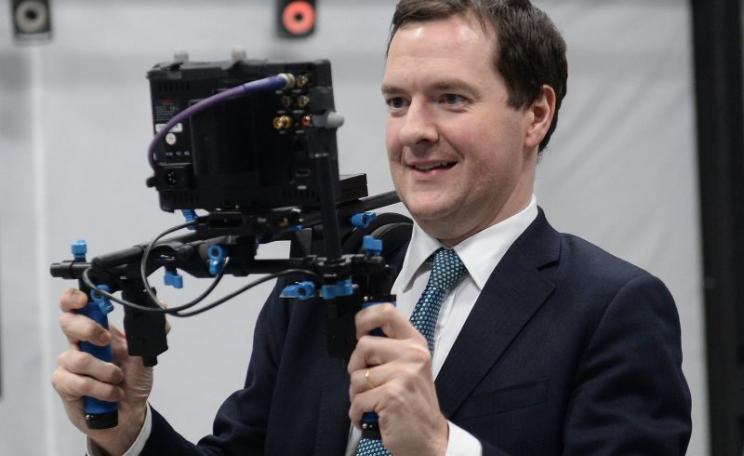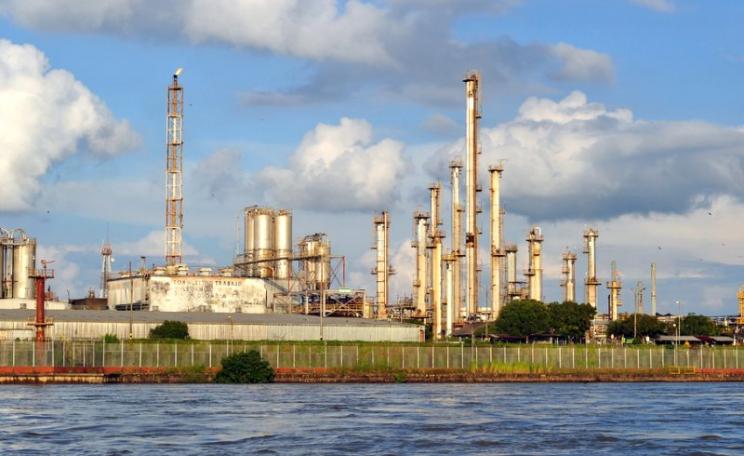Stronger political leadership and more ambitious policies are needed in order for us to scale up our investments.
Many of the biggest hitters in the global financial community, together managing an eye-watering $24 trillion of investment funds, have issued a powerful warning to political leaders about the risks of failing to establish clear policy on reducing greenhouse gas emissions.
More than 340 investment concerns - ranging from Scandinavian pensions funds to institutional investors in Asia, Australia, South Africa and the US - have put their signatures to what they describe as global investors' most comprehensive statement yet on climate change.
In particular, the investors call on government leaders to provide a "stable, reliable and economically meaningful carbon policy", and to develop plans to phase out subsidies on fossil fuels.
Time to get more ambitious!
They warn: "Gaps, weaknesses and delays in climate change and clean energy policies will increase the risks to our investments as a result of the physical impacts of climate change, and will increase the likelihood that more radical policy measures will be required to reduce greenhouse gas emissions.
"Stronger political leadership and more ambitious policies are needed in order for us to scale up our investments."
So far, attempts to establish carbon pricing systems capable of making an impact on climate change have ended in failure, notably in the EU's Emissions Trading System, which has suffered from the over-allocation of emissions permits and low carbon prices.
Likewise fossil fuel companies in the oil, gas and coal sectors have successfully fought off moves to reduce or abolish widespread subsidies and tax breaks for fossil fuels.
The US alone is spending $4 billion per year subsidising fossil fuel production. Total subsidies worldwide may be as high as $600 billion.
This is the signal the world needs
The investors' move has been welcomed by the United Nations. Achim Steiner, head of the UN Environment Programme, said:
Stronger political leadership and more ambitious policies are needed in order for us to scale up our investments.
"Investors are owners of large segments of the global economy, as well as custodians of citizens' savings around the world. Having such a critical mass of them demand a transition to the low-carbon and green economy is exactly the signal governments need in order to move to ambitious action quickly.
"What is needed is an unprecedented re-channelling of investment from today´s economy into the low-carbon economy of tomorrow."
The investors' statement comes amid growing concern in the finance sector about the economic consequences of a warming world.
Last week, a commission composed of leading economists and senior political figures said the transition to a low-carbon economy was vital in order to ensure continued global economic growth.
The danger of 'stranded assets'
Other groups say investors who continue to put their money into fossil fuels are taking considerable risks. As governments and regulators face up to the enormity of climate change and place more restrictions on fossil fuels, such investments could become what are termed 'stranded assets'.
There are also signs of a surge in low-carbon technologies, particularly in the renewable energy sector. Last week, Lazard, the asset management firm, reported that a decline in cost and increased efficiency means large wind and solar installations in the US can now, without subsidies, be cost competitive with gas-fired power.
There is also increased activity on the carbon pricing front. China, the world's biggest emitter of greenhouse gases, recently announced it would establish a countrywide emissions trading system by 2016.
If implemented, the China carbon trading system will be the world's biggest. The country already runs seven regional carbon trading schemes. -
Kieran Cooke writes for Climate News Network.







